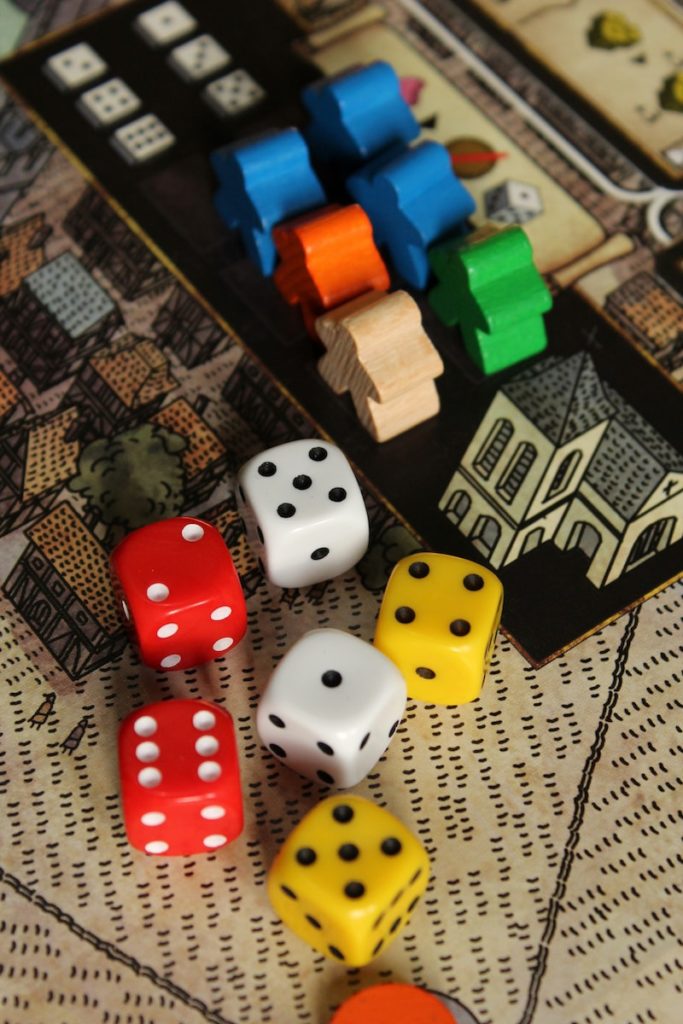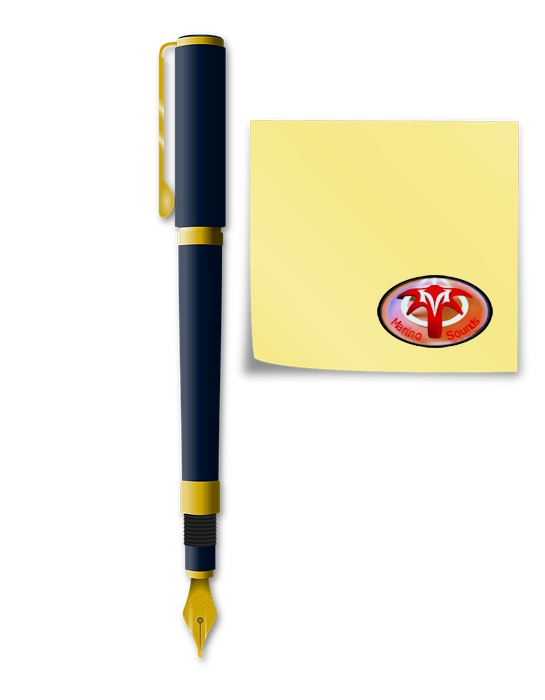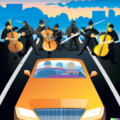
Andrea Angiolino was born the 27th of April, 1966 in Rome, the city where he still lives. He published many boardgames and books about games, besides developing games for every media.
His works appeared in more than a dozen of languages including Korean, Czech and Maltese.
He is a game journalist on national magazines, newspapers, radio broadcasts The Italian School and Education Ministry named him “Expert game author”, while the Lucca Comics and Games show gave him the first “Best of Show” prize for lifetime achievements.
More info are on his personal site. Here’s what he wrote for our Weblog, about creating games, game design and about his career:
For Game Design
I am what it’s usually called in English a “game designer”, but I prefer “game author” instead. Essentially, I invent games: their rules, their settings, their mechanics.
I love this. It is both a sort of artistic activity and my full time job. Italy is not so a big market for authors of boardgames or role-playing games: so I do every other sort of games for work. It does not matter so much if they are boardgames, card games, role-playing games, tv games, computer games or gambling games for the Italian state: my role is to create them, and sometime to be their editor or translator.
I also write articles and books about games: I am at the same time a creative, a historian and a critic. These roles help each other a lot, making me a far more conscious game designer and journalist. Anyway, apart from puzzles and word games (our traditional “enigmistica”) for magazines, the ones where I feel more “author” are boardgames, card games and role-playing games.
A game is a little world with a simplified set of laws, the rules, that its inhabitants, the players, learn and try to master. The author is the God of these worlds. There are abstract boardgames, like – let’s say – draughts, that are like a mathematical model of a little universe. Some of them are very simple. I like “steamlined” and effective games. One of my best-sellers is a book about paper-and-pencil games: very few rules, very simple materials and very intriguing tactics and strategies. Making a simple, original and intriguing game is a difficult exercise for an author: but together with some of our Renaissance artistic geniuses I think that the real art is in taking away, not in adding.
Anyway I prefer games with a setting, as chess, Monopoly or Clue. The stronger the atmosphere is, the more they look “literary” rather than “mathematical”. I am more used to designing boardgames that tell stories – I find them more involving than abstract games. ‘Madame Bovary, c’est moi,’ said Gustave Flaubert, and I could say ‘Lothar von Richthofen, it’s me!’ if I think to my games about the aces of the first world war. Several of my boardgames are actually just a different way rewriting the story of Ulysses or of telling dark stories of medieval struggles between rising feuds. “Obscura Tempora”, a card games of mine with this last setting, appeared with a short story The Djinn Chronicles - Today we add a new Category: Writings, where we'll publish exclusive short stories, novels or poems available on ManuelMarino.com only. Today's Author is Erick Behymer. Read his words about this work of fiction: The Djinn Chronicles Well, I do have one that directly involves the mythological creatures known as Djinn. Naturally, I have titled the… about a viking raid on the rulebook, and that’s not by chance: the game and the story come from the same suggestions, share the same inspiration, tell the same tale in two different ways.
Sometimes my games are not novels but essays: I design games for teaching, advertising, promotion and such. The last one, “Fair Play”, has ben asked me by Pangea – Niente Troppo, an Italian fair trade organization: they wanted a game that could help to explain all the travel that the cotton does from a seed in a remote field to the T-shirt you are wearing, explaining how we could have have a less polluting and fairer process. In this case I start from the setting and even the message that the game has to bring to players. When I design a game for the fun of it, usually aimed to the generic market of players, I can do the same or just the opposite: I may think about a boardgame with a pawn moved by all the players, instead than one pawn each as in traditional games, and then wonder what – or who – that pawn can be. Maybe Odysseus in the hands of the Gods? Then other rules and detaiuls of the setting are a natural consequence of that choice. This is how the boardgame Ulysses was born.
In these years, there are two main styles in boardgame design. Oversimplifying, the German school has quite abstract games: original mechanics and linear rules with nothing useless. Even if they have a setting, as they often do, it is somehow “pasted on” the rules: There is no strict connection between the setting and the rule system. This is a logical and mathematical approach to game design. The opposite school, quite more “literary” and historical, is the so called American style: plenty of rules to give a detailed simulation of the subject of the game, often coming with plenty of miniatures and gadgets to thrill the kid in everyone of us. But I feel I am part of an “Italian style” instead: a simple frame of rules but strictly connected with the setting, so that everything you do in the game tends to give you the feeling to live in the simulated world. Being able to do that with a “steamlined” rulebook is actually the big challenge.
What I also love of boardgames is that they are a open creative process Painting: A Spiritual Pathway to the Divine - In a world increasingly driven by technology and fast-paced living, the art of painting provides an oasis of calm and introspection. It allows both the artist and the observer to delve deep into a realm often considered transcendental. For many, painting serves as a bridge to the divine, a medium through which spirituality is explored… . Many players of my last card game “Wings of War” share new rules, new scenarios, new game materials all over the net. This help me and my co-author Pier Giorgio to develope new releases in the series. The fans also founded a web discussion group, to exchange opinions and additional stuff for this very game – it has just reached one thousand members. To my eyes this, in the end, is a measure of success greater than just the amount of copies sold or the number of foreign publishers that translated the game into their languages: when so many people decide that my game is their game and put their energies in it, it really means that my lonely work in front of my computer is worth the time spent on it.
Manuel Marino is a seasoned Senior Producer, Music Composer, and Artist with over a decade of experience. He specializes in branded entertainment across various mediums, including video games, films, and advertising campaigns. With 20+ years as a game music composer, Manuel has worked on numerous platforms, creating diverse orchestral soundtracks. HIRE ME


 Manuel is a passionate, driven, and techsavvy AV technician,
Manuel is a passionate, driven, and techsavvy AV technician, 









